Or you meant use your LLC/UK company to receive the funds?
Of course the only money that the Dakhla branch will see will be for paying any fixed costs and the rest will safely stay in your UK LTD bank account
Or you meant use your LLC/UK company to receive the funds?
Finally! I like the way you think!Of course the only money that the Dakhla branch will see will be for paying any fixed costs and the rest will safely stay in your UK LTD bank account
Of course the only money that the Dakhla branch will see will be for paying any fixed costs and the rest will safely stay in your UK LTD bank account
With residency in Western Sahara I can only assume that it will be almost impossible.
Sounds good on paper but nowadays it is not so simple to open a bank account for a UK company without residing in the UK.
good question, ideally it should be asked to a local accountantWhy this website claims only 0 tax for 5 years?
Aye we sure that companies there are tax exempt?
Make sure Western Sahara is not excluded from the DTAA like Svalbard is for example.Since UK and Morocco have a DTA you end up having a tax free company with the prestige of a UK company.
Morocco has claimed authority over Western Sahara since 1975, but the United Nations (UN) does not recognize Moroccan control.Make sure Western Sahara is not excluded from the DTAA like Svalbard is for example.
I'm a local, if you guys give me list of questions, I can ask my accountant there and get you all the info you need.The first to open a company there should win a Gold membership - on the condition that he writes a full report on the experience. @Forester @Sols and other mods please approve
I would like to take the challenge and get gold for opening a company there. As far as I think, it only makes sense if the company is tax free as otherwise, we have better options elsewhere.I'm a local, if you guys give me list of questions, I can ask my accountant there and get you all the info you need.
Banks will open you an account without any problems, the only issue is it's not easy for money to leave the country. I'm not sure if you can easily just pay invoices to a foreign entity's bank account that you own, haven't looked into it. It's illegal to trade local currency for crypto, but nobody has ever been jailed for it there is still dozens/hundreds millions of volume being done every day exchanging crypto p2p (Binance p2p mainly), they were supposed to give some plan on regulating & legalizing crypto last year but was delayed for whatever reason. It's an extremely safe and loose/forgiving country especially lately with a s**t ton of foreign investments coming in. All focus is on turbo improving the country right now. Just make it look like you're employing people and being a positive to the country and you'll be fine. Stay away from money laundering and terrorism financing and you're golden. It doesn't feel like other countries where you feel like you should watch yourself even when you're not doing anything wrong/illegal. This is from a local's perspective though I'm not sure if they would treat foreigners differently.
I think you just quote the ones from hereIf you can really get a tax exemption then heres a free business idea: set up an EMI or other fintech over there!
World's most unbanked populations:
- Morocco - 71%
- Vietnam - 69%
- Egypt - 67%
- Philippines - 66%
- Mexico - 63%
- Nigeria - 60%
- Peru - 57%
- Colombia - 54%
- Indonesia - 51%
- Argentina - 51%
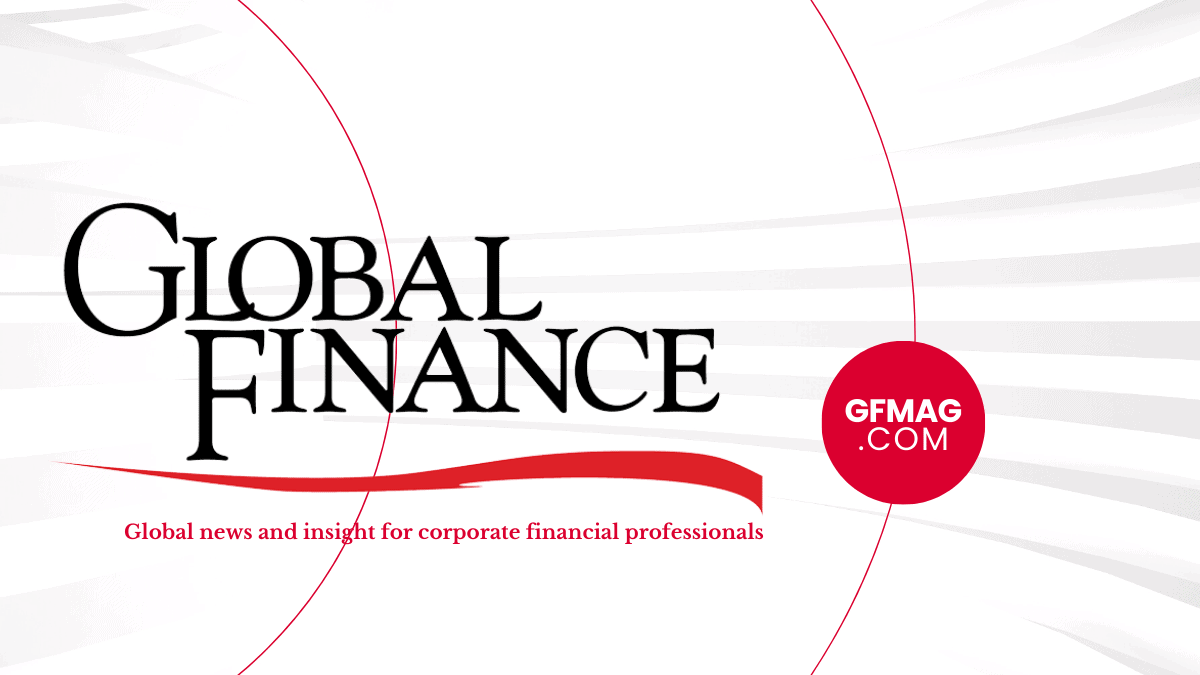
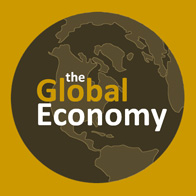
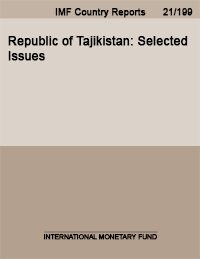
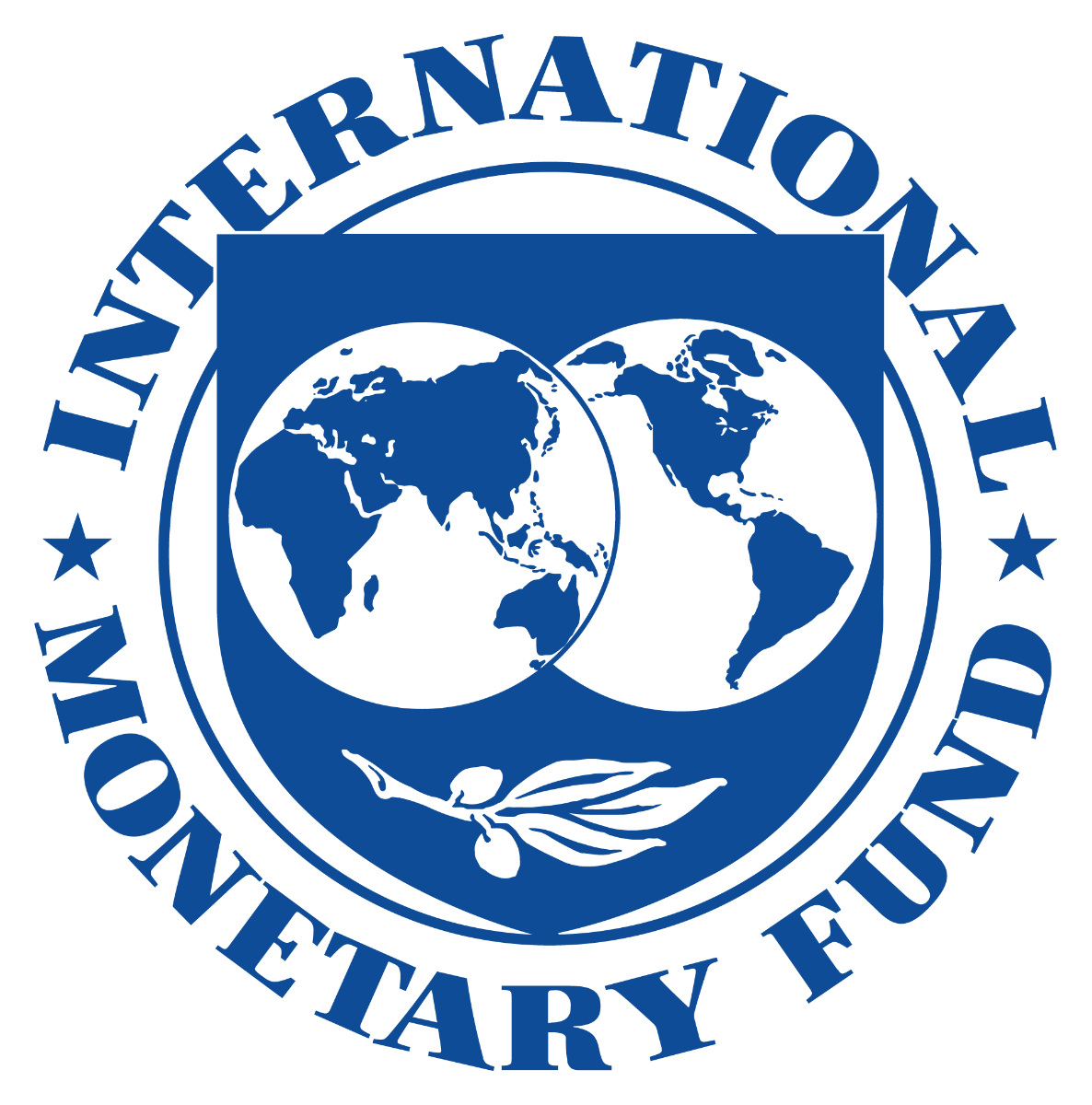 www.elibrary.imf.org
www.elibrary.imf.org
Its not recognised by US or most countries - how are you supposed to transact in such case?Ok, I think it is that the first 5 years are tax free only. So, I have a new idea. Why not open a company there, then use a US SM LLC to do business and tax the profits for 5 years in Morocco. After that, we open a new company and sell the US SM LLC to it and have another 5 years tax free.
Shall I go and try?
Its not recognised by US or most countries - how are you supposed to transact in such case?
Its not recognised by US or most countries - how are you supposed to transact in such case?
Wait guys. Aren't we talking about the Morocco controlled part of Western Sahara (i.e. the southern provinces of Morocco)?Western Sahara was recognized by the United States in 2020, as sovereignty of Morocco.
And for Spain, unfortunately, this same month of February.
Le manque de visibilité quant au régime fiscal appliqué aux provinces du Sud constitue un frein pour l’investissement privé et prive de ressources les communes, notamment rurales. Le régime d’exonération de la taxe sur la valeur ajoutée est partiel, suscitant un large mécontentement. Il en est de même pour la situation du foncier public et du régime d’immatriculation foncière qui connaissent de lourds dysfonctionnements.
Les provinces des régions de Laâyoune-Boujdour-Sakia El Hamra, celles d’Oued Eddahab- Lagouira ainsi que les provinces d’Es-Smara et de Tan Tan bénéficient de la non application «de fait» - de l’impôt sur les sociétés, de l’impôt sur le revenu (les salaires des fonctionnaires et des employés des sociétés ayant leur siège hors provinces du Sud ne sont pas concernés par cette exonération), de la TVA et des taxes intérieures de consommation. En matière de fiscalité locale, ces mêmes provinces bénéficient, à de rares exceptions près, de la non application «de fait» des taxes d’habitation, communales et professionnelles.
In order to improve the investment climate, Morocco has established a new development model for the southern provinces, by committing to a vast reform program. In which Promotion of investment is the crucial axis. However, despite the efforts made and the total exemption of corporate tax in the region of laayoune sakia el hamra, the level of investment is still low due to many constraints on establishment and development companies.
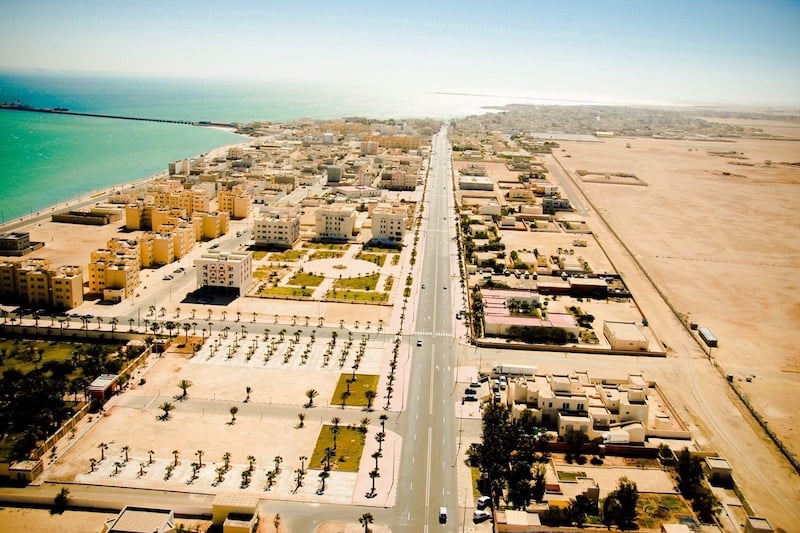
Esperen chicos. ¿No estamos hablando de la parte del Sáhara Occidental controlada por Marruecos (es decir, las provincias del sur de Marruecos)?
[
Wait guys. Aren't we talking about the Morocco controlled part of Western Sahara (i.e. the southern provinces of Morocco)?
@baltic7 please PM me.
I have checked the whole story of @SasuT. It seems to be true that there is indeed no VAT and no CIT in the southern provinces of Morocco, notably Laâyoune-Boujdour-Sakia El Hamra, Oued Eddahab-Lagouira as well as Es-Smara and Tan Tan. It seems that the rule is not an official rule, but more a de facto non-application of any taxes.
It seems to be true. However, there has been a lot of fraud such as a public transport company incorporated in Laâyoune that is actually operating in Rabat (with Laâyoune car licence plates). Hence, the government has been tightening the issues in 2017 by requiring the exempt companies to actually obtain tax numbers and they also started checking whether the companies are actually only working in the south.

Moroccan government zeroes-in on tax evasion in the South
Several Moroccan businesses appeared to have figured out how to evade taxes for years by setting up their company headquarters in the Kingdom's southernen.hespress.com
Fiscalité: un régime particulièrement avantageux pour les entreprises
Dans la perspective de booster le développement des régions du Sud, l’exonération fiscale, une décision héritée du règne de Feu Hassan II, continue de prévaloir dans les régions de Laâyoune-Sakia El Hamra et Dakhla- Oued Ed-Dahab.fnh.ma
What do you guys think now? Shall I go down and incorporate to save on taxes and report here?


